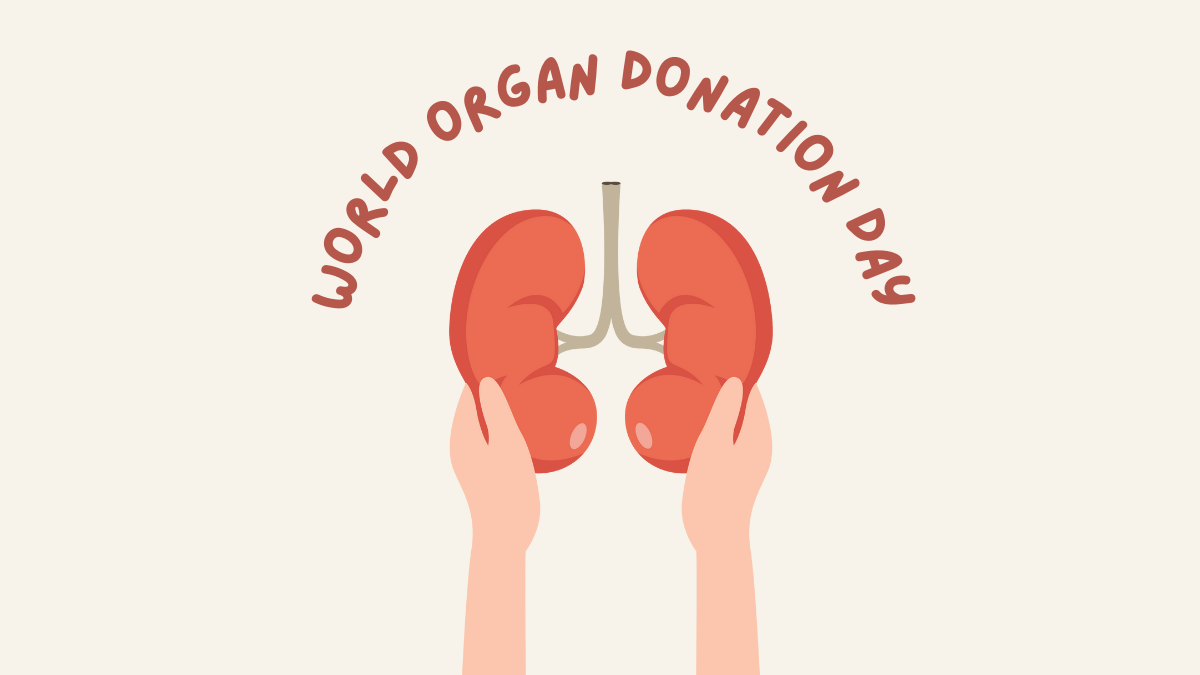World Organ Donation Day is observed every year on August 13 to raise awareness about the importance of organ donation and encourage people to register as organ donors. Organ Donation Day serves as a crucial reminder of the importance of this life-saving act. In India, the government has taken significant steps to promote organ donation through nationwide campaigns and educational programs. These initiatives aim to dispel myths, raise awareness about the critical need for organs, and educate the public on the donation process.
Legal Framework for Organ Donation in India
The cornerstone of organ donation regulation in India is the Transplantation of Human Organs and Tissues Act of 1994. This legislation provides a comprehensive framework for organ donation and transplantation in the country. Key points of the act include:
- Universal Eligibility: The act allows individuals from all backgrounds to donate organs, regardless of age, caste, religion, or community.
- Age Consideration: While there’s no strict age limit, donors over 18 years of age are generally preferred.
- Ethical Standards: The act sets guidelines to ensure ethical practices in organ donation and transplantation.
The Importance of Organ Donation
Organ donation is a critical aspect of healthcare that can save and improve countless lives. Some key benefits include:
- Saving Lives: A single organ donor can save up to eight lives through various organ donations.
- Improving Quality of Life: Tissue donations can significantly enhance the quality of life for recipients.
- Advancing Medical Research: Donated organs and tissues contribute to medical research and education.
The Process of Registering as an Organ Donor in India
Becoming an organ donor in India is a straightforward process that can be completed online. Here’s a detailed guide on how to register:
1. Online Pledge Form
The first step in becoming an organ donor is to fill out an online pledge form. This can be done through the Organ India website:
- Visit https://www.organindia.org/pledge-to-be-an-organ-donor/
- Fill out the required information in the pledge form
- Submit the form to express your intent to become an organ donor
Upon completion of this step, you will receive a donor card with a unique government registration number.
2. National Registration
Once you’ve submitted your pledge, your information is automatically registered with the National Organ and Tissue Transplant Organisation (NOTTO). This ensures that your intention to donate is officially recorded at the national level. NOTTO plays a crucial role in:
- Coordinating organ donation and transplantation activities across India
- Maintaining a national registry of organ donors
- Facilitating organ allocation and distribution
3. Family Consent
While registering as an organ donor is a significant step, it’s crucial to understand the role of family consent in India:
- Next of Kin Authority: In India, the final decision on organ donation rests with the next of kin, even if the deceased has pledged their organs.
- Open Communication: It’s essential to have open discussions with your family about your wish to donate organs.
- Documenting Your Decision: Consider putting your organ donation decision in writing and sharing it with family members.
The Importance of Family Discussions
Engaging your family in your decision to become an organ donor is crucial for several reasons:
- Ensuring Your Wishes are Respected: By informing your family, you increase the likelihood that your donation wishes will be honored.
- Reducing Stress: In times of grief, having prior knowledge of your wishes can alleviate some of the stress on your family.
- Promoting Awareness: Discussions about organ donation can help educate and inspire others to consider becoming donors.




 Important Days in March 2026: Check the ...
Important Days in March 2026: Check the ...
 World Wildlife Day 2026: Why Medicinal P...
World Wildlife Day 2026: Why Medicinal P...
 National Science Day 2026: Honouring the...
National Science Day 2026: Honouring the...








